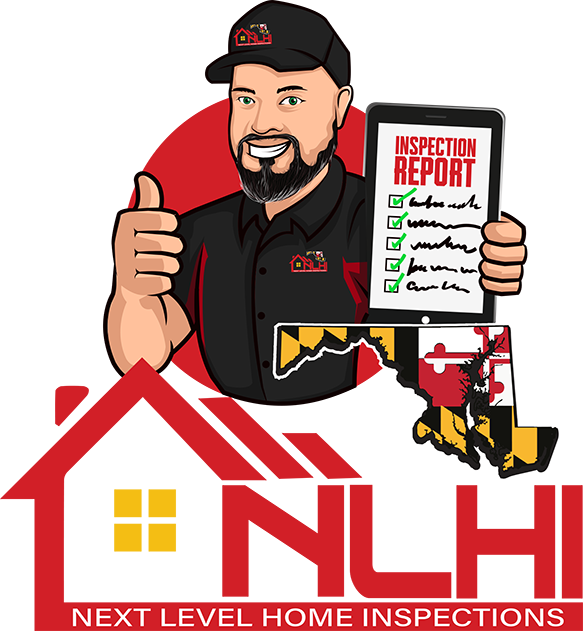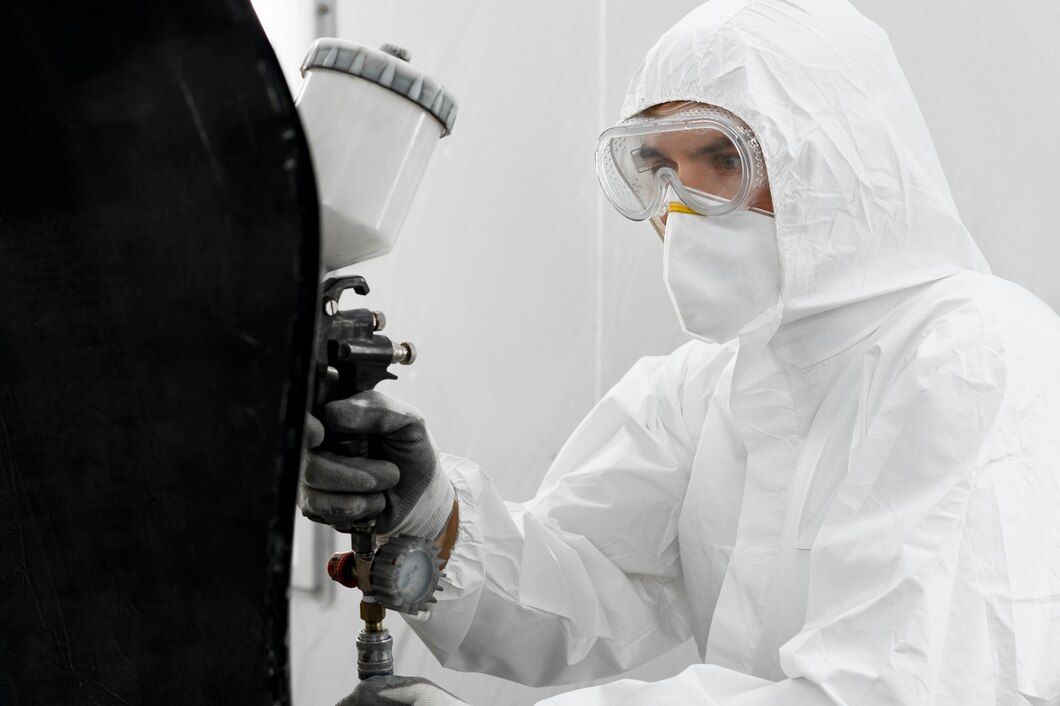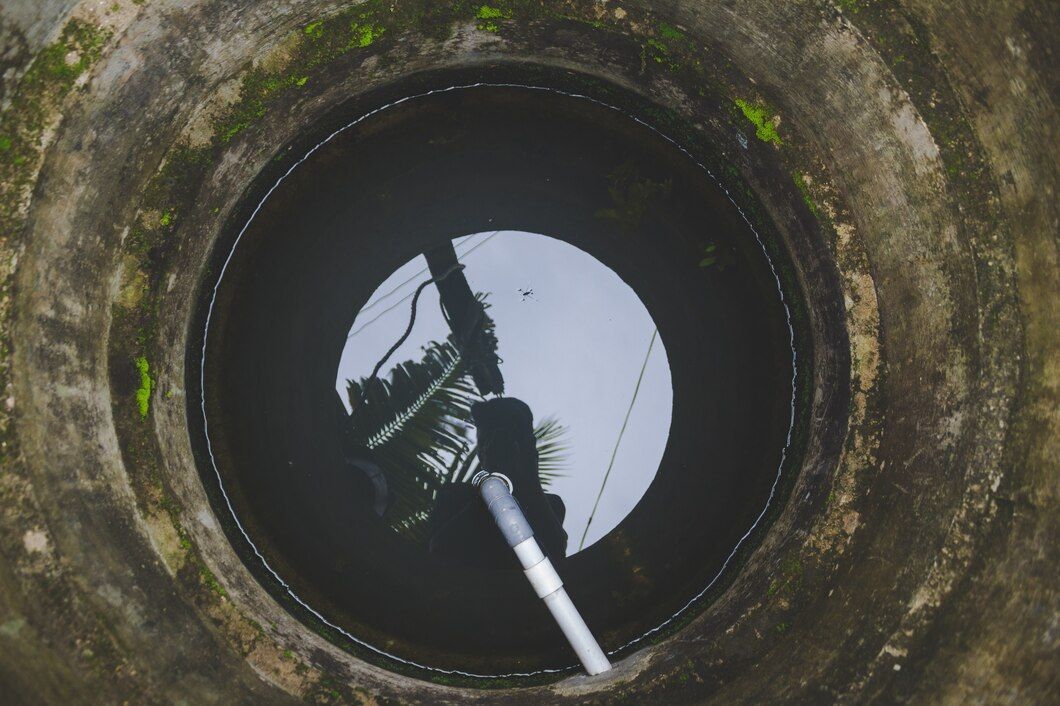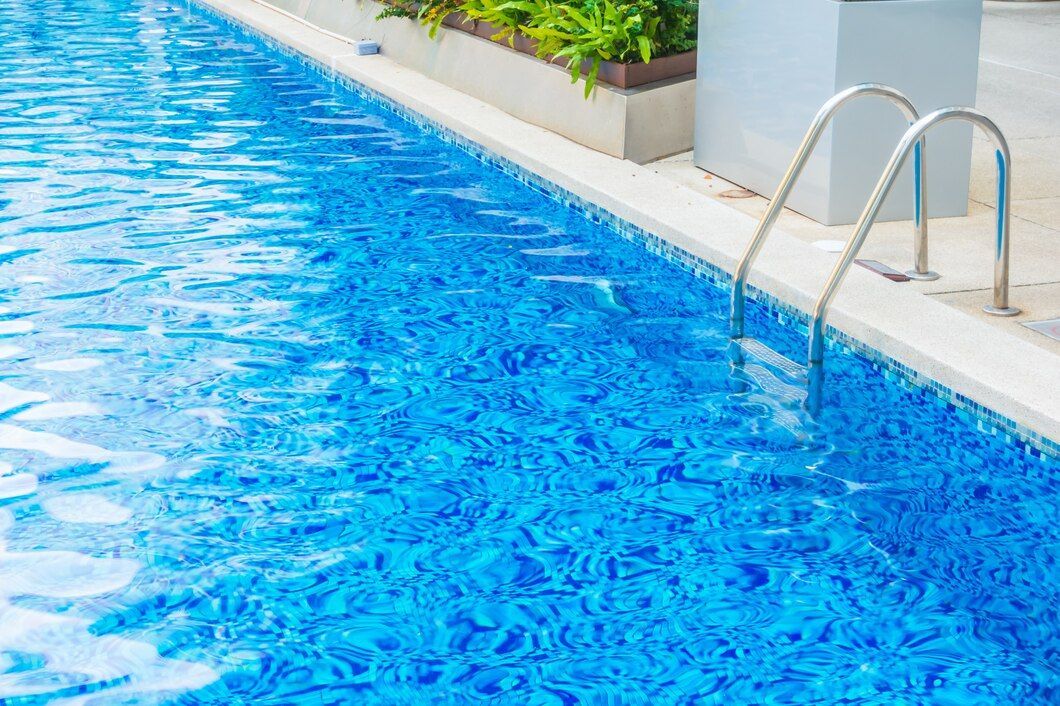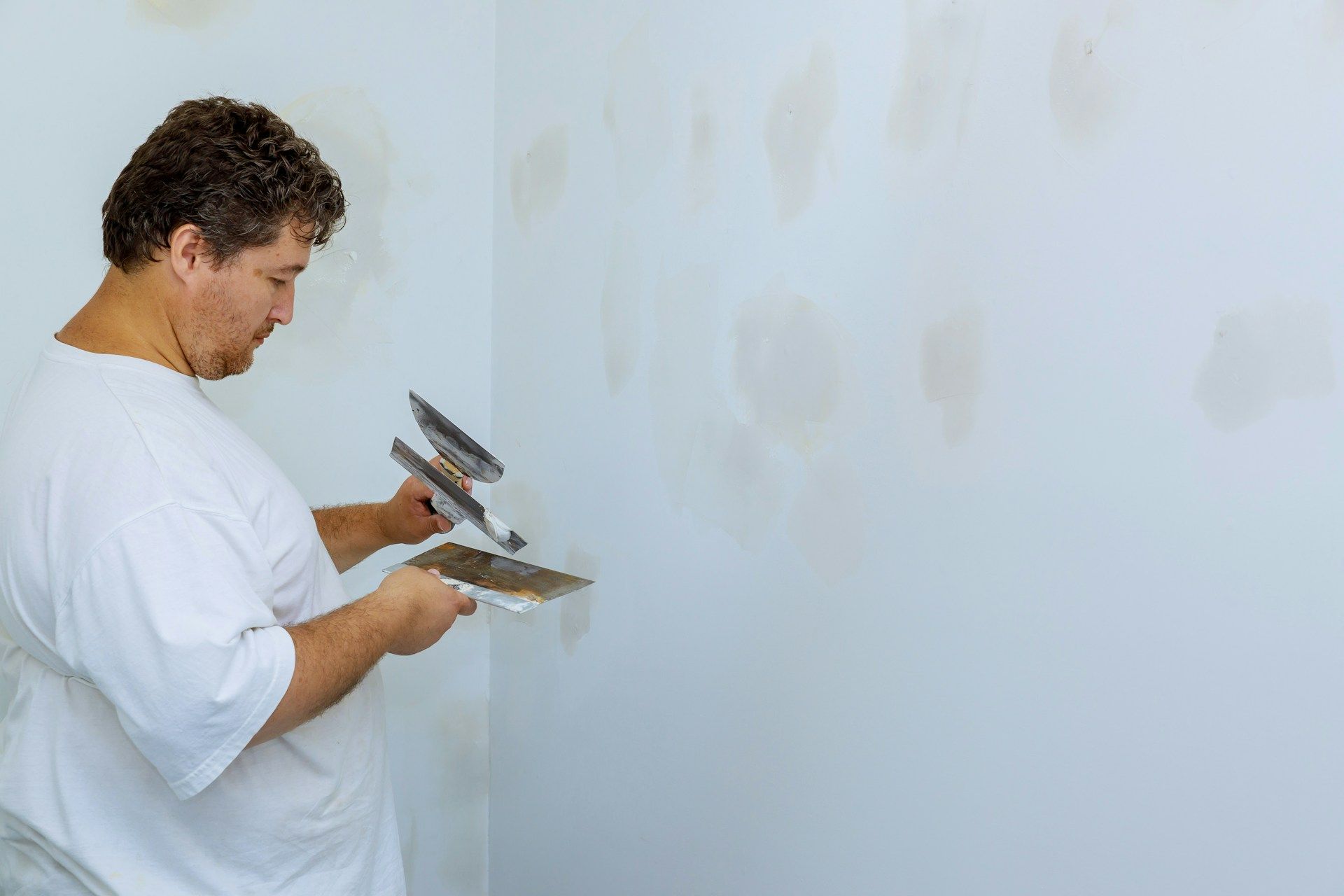Well Yield Testing
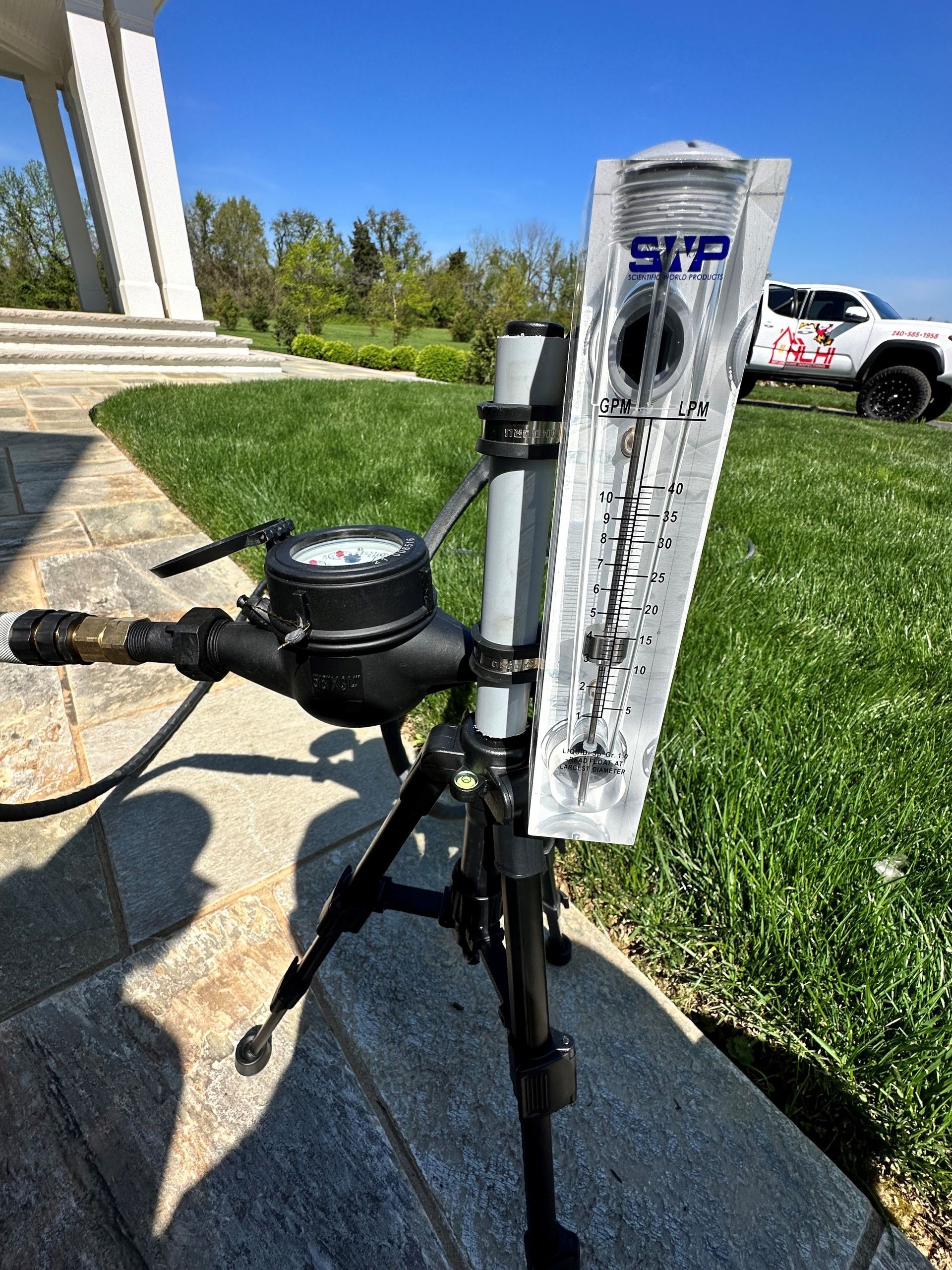
When it comes to purchasing a home in Maryland, many home buyers opt for homes with private wells instead of relying on municipal water systems. While private wells can offer benefits such as independence and cost savings, they also require additional maintenance and testing to ensure the safety and reliability of the water supply. One crucial test that home buyers should consider is a well yield test. In this blog post, we will discuss why home buyers should do a well yield test during a home inspection in Maryland.
What is a Well Yield Test?
A well yield test in Lusby, MD is a test that measures the amount of water a well can produce over a specific period. During the test, a technician will run the well pump continuously for several hours and measure the flow rate of water. The test can identify issues such as low water pressure, inadequate well capacity, or problems with the well pump or pressure tank.
Why Do a Well Yield Test?
There are several reasons why home buyers should consider doing a well yield test during a home inspection in Maryland:
- Water Supply Reliability: A well yield test can identify any issues with the well's capacity and determine if the well can supply the home with the necessary amount of water. It is crucial to ensure that the water supply is reliable, especially if the home is located in an area with low water availability.
- Safety and Quality of Water: A well yield test can also assess the quality and safety of the water supply. If the well pump is not functioning correctly or the well capacity is inadequate, contaminants may enter the water supply, which can pose a risk to health.
- Cost Savings: A well yield test can help home buyers avoid unexpected costs in the future. If a well has issues that are not identified during the inspection, it can lead to costly repairs or even the need for a new well. By conducting a well yield test during the home inspection process, home buyers can avoid these expenses.
- Negotiation Tool: If issues with the well are identified during the inspection, the home buyer can use the results of the well yield test as a negotiation tool to ask the seller to make necessary repairs or adjust the purchase price of the home.
When Should You Do a Well Yield Test?
It is recommended to do a well yield test during a home inspection in Maryland. The inspection should be done before closing to identify any potential issues with the well that the buyer may want the seller to address. It is also recommended to do a well yield test if the home is located in an area with low water availability or if there are any signs of water supply issues, such as low water pressure or water discoloration.
What Does a Well Yield Test Involve?
A well yield test involves running the well pump continuously for several hours to measure the flow rate of water. The test typically takes between four to six hours, and a technician will use specialized equipment to measure the amount of water produced by the well. The technician will also take water samples to test for any contaminants or bacteria.
Once the test is complete, the technician will provide a detailed report of their findings, including the well's flow rate, any issues with the well pump or pressure tank, and water quality test results. The report can help the home buyer make an informed decision about the well's reliability and safety.
Conclusion
A well yield test is a crucial part of a home inspection in Maryland. It can help home buyers ensure the reliability and safety of the water supply, avoid unexpected costs in the future, and negotiate with the seller if issues are identified. Home buyers should consider doing a well yield test during the home inspection process, especially if the home is located in an area with low water availability or if there are any signs of water supply issues.
